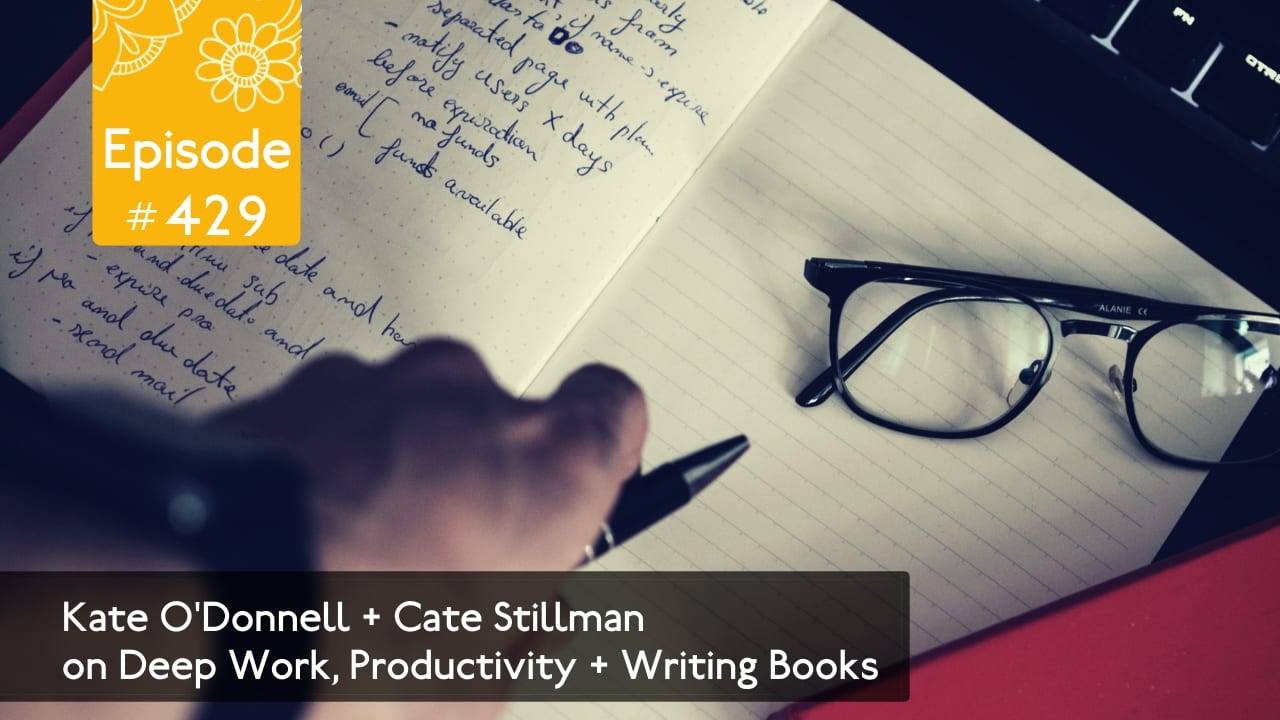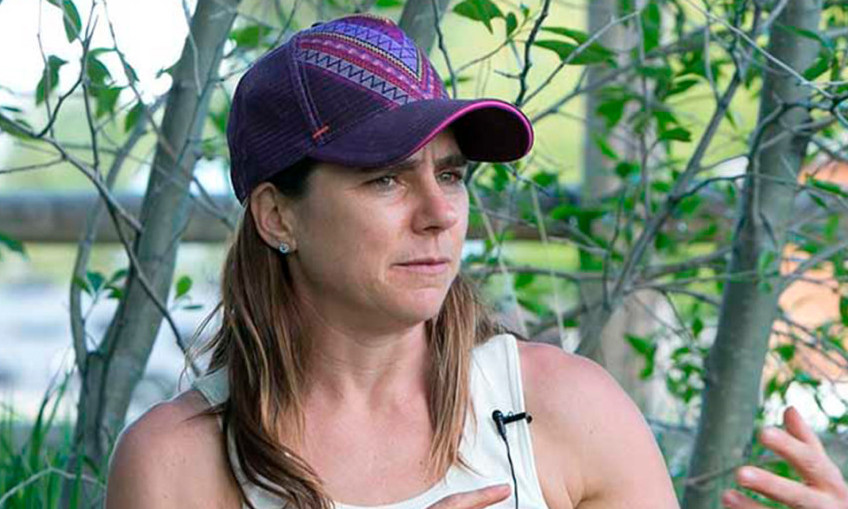Benjamin Hardy on Writing Online
Ben Hardy and I talk about how he went from a brand new, and obscure blogger to a writer with 100,000 followers, now working on his first book. Ben is father to 3 foster children, ages 5,7,and 9, and pursuing his PhD student in Organizational Psychology.
When I first came across a blog post from Ben his writing captured my attention. He is a much better writer than me. I almost didn’t notice his writing though, because the conversation he was having was so easy to follow and rich to read. This weird thing happened, where within weeks, I had randomly come across another 3 of his posts. I wasn’t looking for them. Medium.com probably placed some cookie on my browser that sucked me back.
Before long I realized that I’d stumbled upon someone I really wanted to talk to.
I rap with Ben Hardy about Turning Journaling into Good Writing
We discuss his blog posts that drew me in:
- Why You Should be Planning for 2018, Not 2017.
- How to Turn Journal Ramblings into Viral Articles
- 8 Things Every Person Should Do Before 8 A.M.
Links
My Philosophy For Successful Living by Jim Rohn
BIO
Favorite Quotes from Ben’s Writing
“Who do I need to be to have the life I want?” Jim Rohn
“Everything you do is positioning. Are you positioning yourself to do AMAZING things in 1, 3, or 5 years from now?”
“This organization saves loads of time. In his book, Essentialism, Greg McKeown explains that spending 5 minutes creating outlines can save you hours when writing a book or an article — or when going through your day!
“Sometimes only 2–5 minutes and a few bullets is enough to capture all I need to have the confidence to write the article. Sometimes, it takes several pages, as depicted above. This is very important to me: I don’t write an article until I’m feeling it!”
“Most of us are like butter scraped over too much bread.”
“So your mantra becomes: The worst comes first. Do that thing you’ve been needing to do. Then do it again tomorrow.”
“Rather than “competing,” with people at your perceived skill-level, compete with those who are where you want to be. Herein lies a fundamental decision-making difference between those who become successful and those who don’t. Unsuccessful people make decisions based on current circumstances while successful people make decisions based on whe














